Producer’s Pride Cracked Corn Poultry Feed, 50 lb.
Finding the right feed can be both costly and confusing. By offering delicious and quality nutrition at a great price, Producer’s Pride makes it easy to give your animals everything they need to stay happy and healthy without breaking the bank.
Quality Feed at an Everyday Great Value
Finding the right feed can be both costly and confusing. By offering delicious and quality nutrition at a great price, Producer’s Pride makes it easy to give your animals everything they need to stay happy and healthy without breaking the bank.
Feed for the Whole Farm
When it comes to keeping your animals healthy, a proper diet is key. Producer’s Pride Cracked Corn is a supplemental feed that provides energy for cattle, sheep, goats and chickens. Cracked for easy digestion, this all-natural corn is a delicious and affordable way to feed the farm.
We Love Animals and Know Just What Their Bodies Require
Who better to make food for pets than farmers? At Tractor Supply Company, we bring our deep passion for land and animals to the center of our products and services. By sourcing the best produce, utilizing water purification processes and thoroughly testing our formulas, we guarantee excellent quality food for your animals.
About This Formula
Producer’s Pride Cracked Corn is a supplemental feed that provides energy and diversity to your animals diets. Enriched with antioxidants, this delicious natural corn contains wholesome nutrients for cattle, sheep, goats and chickens.
Additional information
| Country of Origin | USA |
|---|---|
| Food Form | Corn |
| Poultry Life Stage | All Life Stages |
| Product Length | 19 in. |
| Product Width | 7.5 in. |
| Product Weight | 50 lb. |

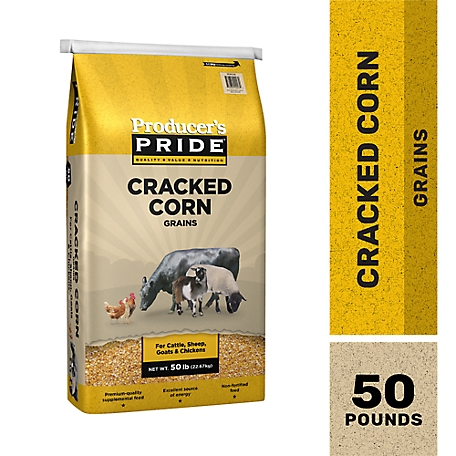
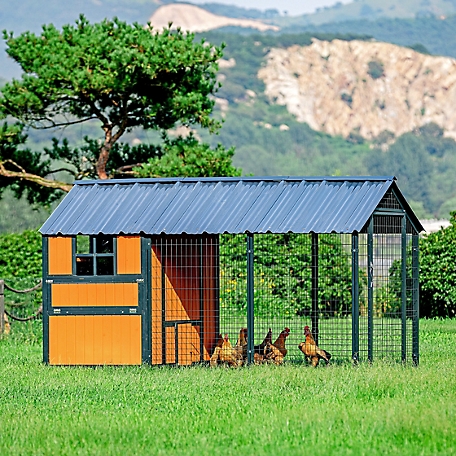
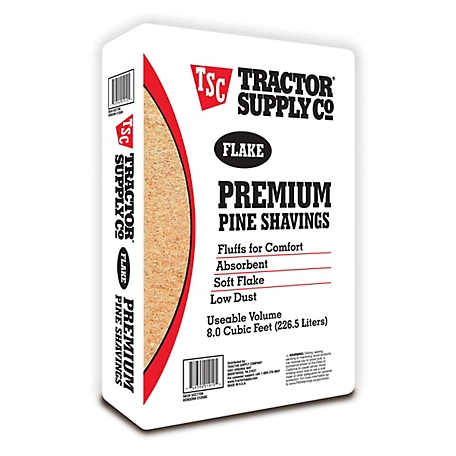
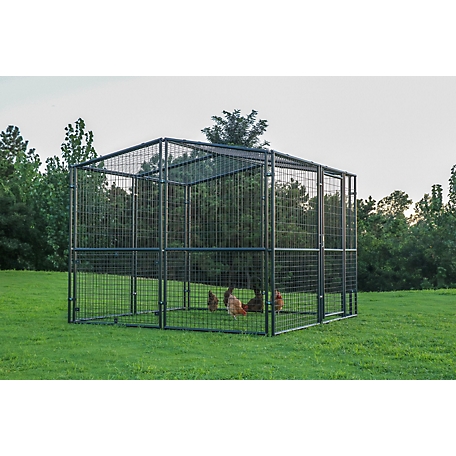
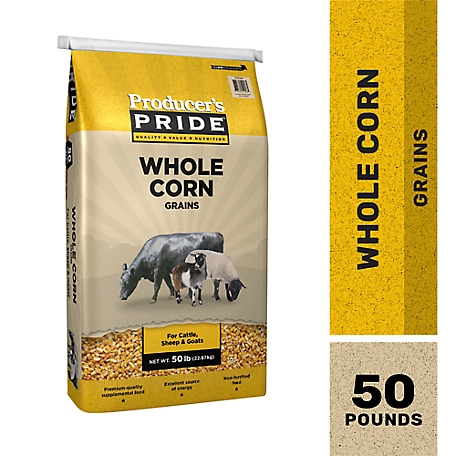
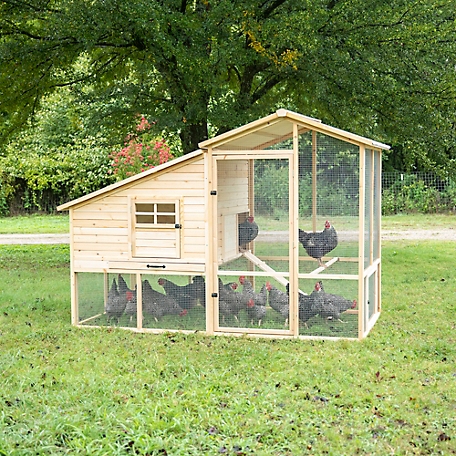
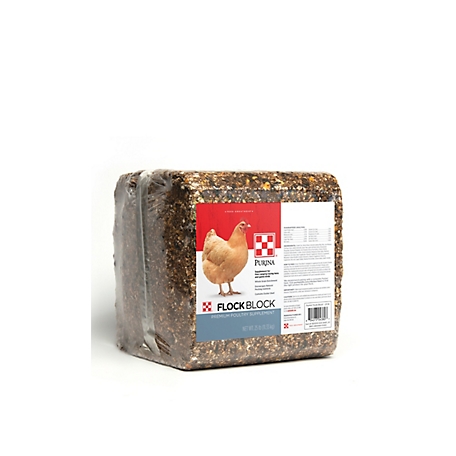
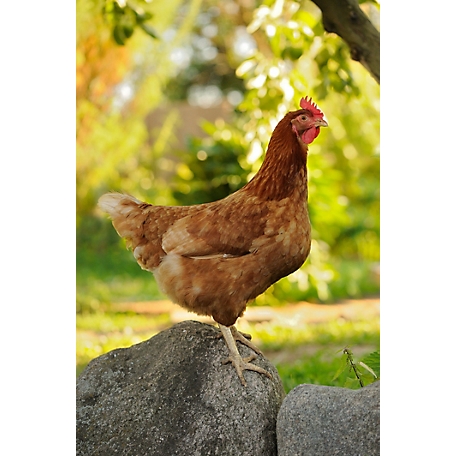
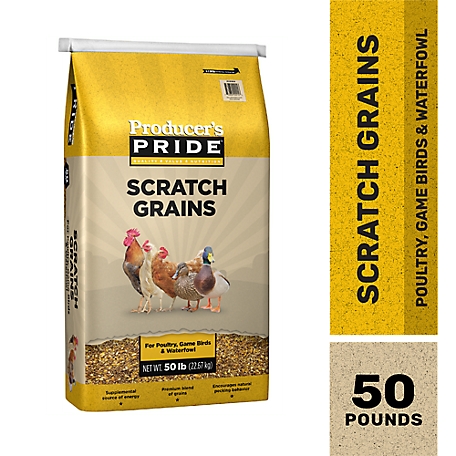

by Lisa
Great quality cracked corn. Very little “corn dust” in the bag like some other brands. Strong bags that don’t rip when tossed around, and easy open directions clearly printed on bag.
by Nana
Great product for the price. My chickens love it and it’s affordable. Thanks Tractor Supply for having what I need for such a good price!
by Chris
Always purchased for my animals. I feel that when mixing with sweet feed, there is more sweet feed than corn leftover. Overall, all thd animals love it!
by Linda
I live in an area that has a lot of ducks and geese. After researching what not to feed them I came across the cracked corn. This is product suits my needs perfectly!
by Granny
I like to give this to my girls as a special treat in the summer, but as an every other day staple in the winter months. It’s easy to scoop and easy for them to eat as it’s cracked to fit their mouths and beaks!
by Beil
I like using this one once in a while, as well as the whole corn. All the animals seem to love it both ways, whole or cracked.